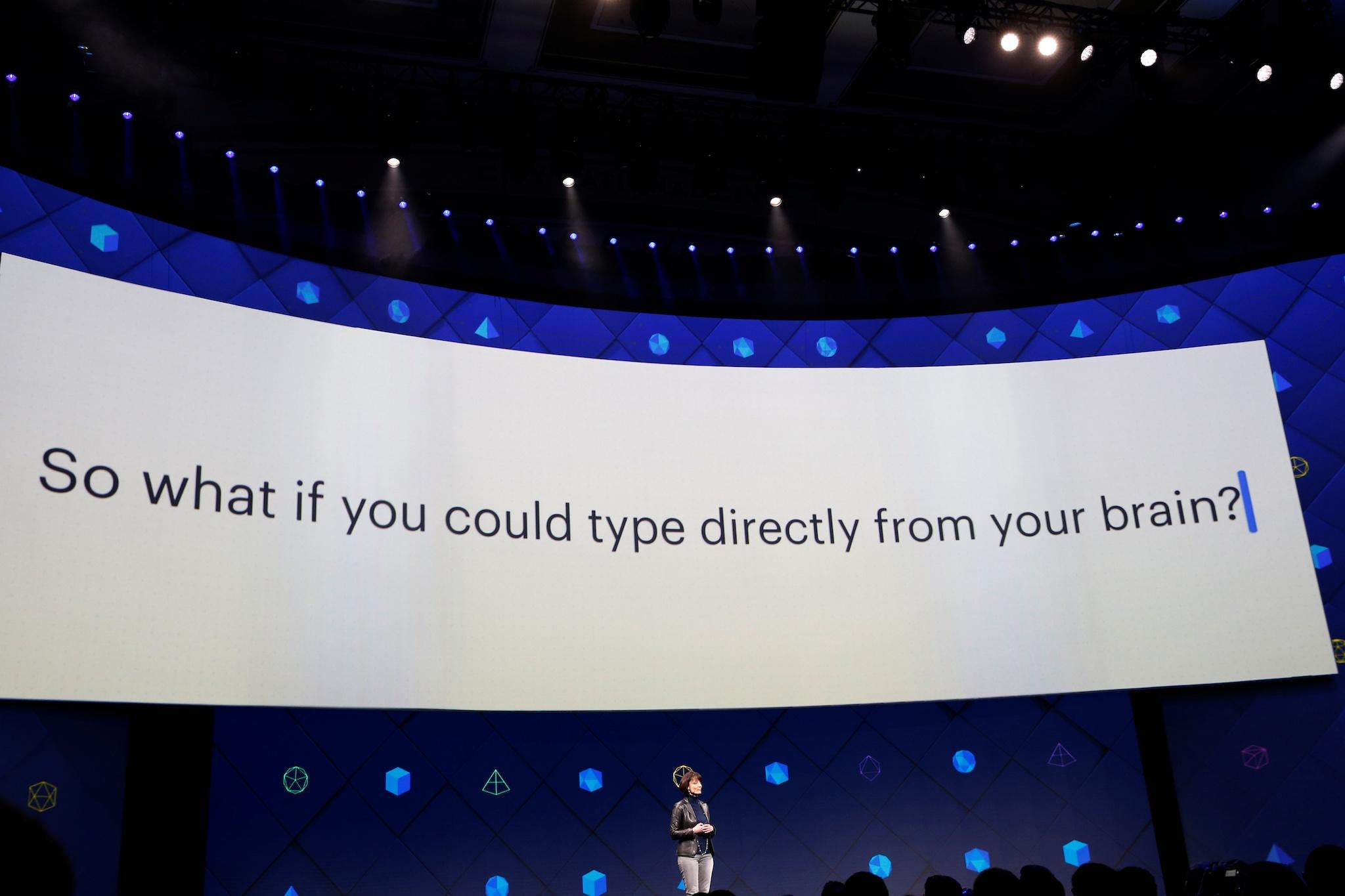Facebook secretly building technology to read people's minds so they can 'type directly from the brain'
'It sounds impossible, but it's closer than you may realise'

Your support helps us to tell the story
From reproductive rights to climate change to Big Tech, The Independent is on the ground when the story is developing. Whether it's investigating the financials of Elon Musk's pro-Trump PAC or producing our latest documentary, 'The A Word', which shines a light on the American women fighting for reproductive rights, we know how important it is to parse out the facts from the messaging.
At such a critical moment in US history, we need reporters on the ground. Your donation allows us to keep sending journalists to speak to both sides of the story.
The Independent is trusted by Americans across the entire political spectrum. And unlike many other quality news outlets, we choose not to lock Americans out of our reporting and analysis with paywalls. We believe quality journalism should be available to everyone, paid for by those who can afford it.
Your support makes all the difference.Facebook has revealed its secret "Building 8" where it is crafting technology to read people's minds.
As well as its brain-computer interface, the company is working on a wide range of secret projects that use technology in ways never before imagined. Those include special ways of making people sense touch and re-wiring people's brains.
The company showed off some of the secretive unit's plans during a speech at its F8 conference. Until now, the team's work has been kept entirely quiet – only leaking out in job ads and other publications.
Facebook launched the research shop, called Building 8, last year to conduct long-term work that might lead to hardware products. In charge of the unit is Regina Dugan, who led a similar group at Alphabet Inc's Google and was previously director of the U.S. Defense Department's Defense Advanced Research Projects Agency, or DARPA.
Dugan told software developers at Facebook's annual F8 conference that the company was modeling Building 8 after DARPA, a government office founded in the 1950s that gave the world the internet and the miniaturized GPS receivers used in consumer devices.
Any hardware rollouts are years away, Ms Dugan said in a speech. Potential products could, if successful, be a way for Facebook to diversify beyond its heavy reliance on advertising revenue.
One example of Building 8's work so far, Ms Dugan said, was an attempt to improve technology that allows people to type words using their minds.
"It sounds impossible, but it's closer than you may realise," Ms Dugan said.
Using brain implants, people can already type eight words a minute, she said. Facebook's goal, working with researchers at several U.S. universities, is to make the system non-invasive, as well as fast enough so that people can type 100 words a minute just by thinking.
Possible uses include helping disabled people and "the ability to text your friend without taking out your phone," she said.
Another Building 8 project, she said, was trying to advance the ability to communicate through touch only, an idea with roots in Braille, a writing system for the blind and visually impaired.
A video played at the conference showed two Facebook employees talking to each other through touch. As one employee, Frances, wore an electronic device on her arm, the other, Freddy, used a computer program to send pressure changes to her arm.
"If you ask Frances what she feels," Ms Dugan said, "she'll tell you that she has learned to feel the acoustic shape of a word on her arm."
In December, Facebook signed a deal with 17 universities including Harvard and Princeton to allow swifter collaboration on projects with Ms Dugan's team.
Additional reporting by agencies
Join our commenting forum
Join thought-provoking conversations, follow other Independent readers and see their replies
Comments